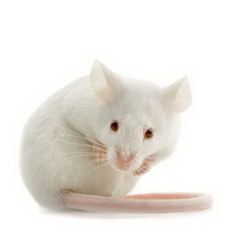Mutant mice more available
More than 5,000 human diseases have a genetic element. As 99 % of mouse genes have a human homologue, the mouse is an invaluable tool to study diseases like multiple sclerosis and cancer that threaten life expectancy as well as life quality, especially during ageing. To fully exploit resources from the multitude of individual mouse research initiatives, mouse model genomes must be preserved and, moreover, be made available to the entire biomedical research community. It is essential then that there is a secure, efficiently managed repository for the storage of live lines as well as cryopreserved material. The answer lay with EMMA, a non-profit–making network, and the main repository for mouse genetic material. A European initiative, 'The European mouse mutant archive infrastructure' (Emmainf), coordinated a study and subsequent improvement of EMMA operations. Key areas were EMMA information technology (IT) and the organisation's informatics were considerably upgraded during the course of the Emmainf project. A 'grace period' was introduced for research groups wanting to submit their mouse model prior to publication of the first paper. This means that release of the strain to the public website can be delayed for up to two years. All EMMA's key services, including archiving, distribution, production of germ-free mice and dissemination of knowledge, were enhanced. An integral part of the project was that expertise in cryopreservation techniques was disseminated using courses organised by Emmainf. Moreover, with Emmainf support, EMMA has also been involved in the launch of mouse functional genomics programmes such as 'The European conditional mouse mutagenesis program' (Eucomm) project. The revamping of EMMA and its services together with its promotion has resulted in a significant increase in submissions to the archive for mouse genetic material. Progress into the genetic basis of human disease is very likely to increase proportionately.







